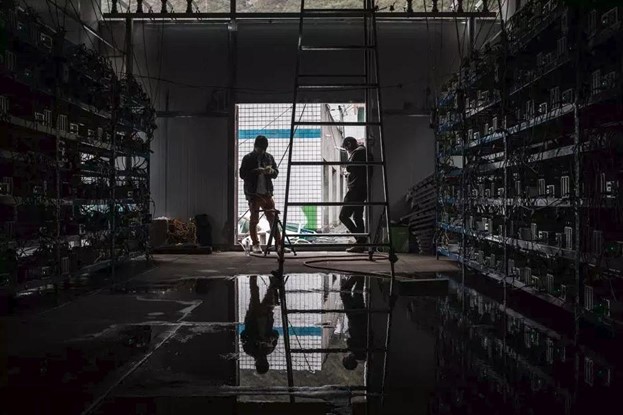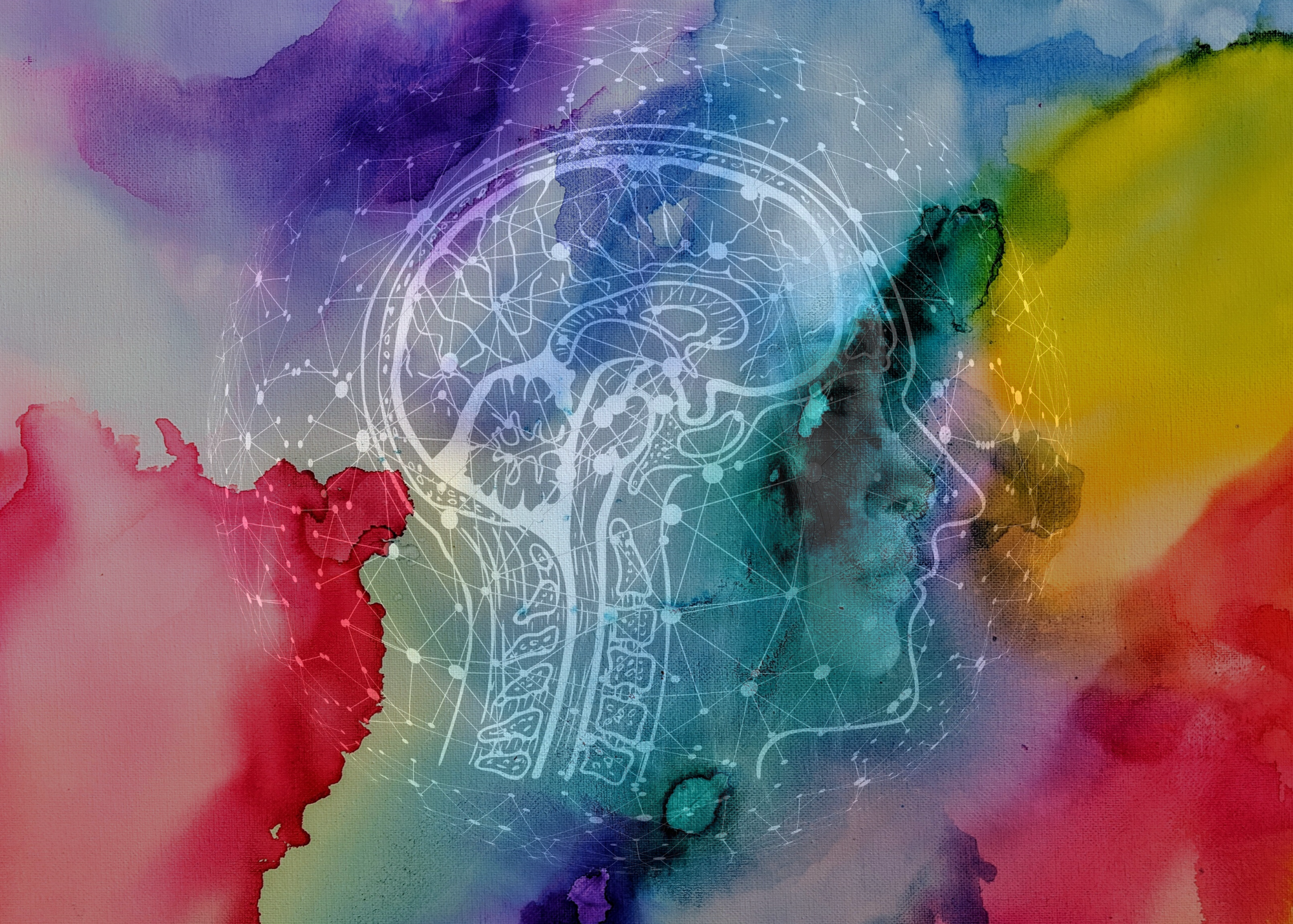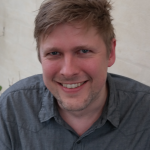Technologies in Practice is one of Scandinavia’s leading research groups at the intersection of IT and society. Based at the IT University of Copenhagen, we conduct qualitative studies of technologically mediated practices in organisations and everyday life.
The vast majority of societal challenges demand critical engagement with contemporary technologies.
Our interdisciplinary environment provides students and researchers with the resources necessary for analysing entanglements of the social and technical with and through IT.
News
Christopher Gad Elected chairman of DASTS
Christopher Gad Elected chairman of DASTS At the board meeting for the Danish Association of Science and Technology Studies (DASTS) in September 2015, Christopher Gad voted chairman, after Torben Elgaard Jensen, Aalborg University, had announced his wish to step down. DASTS is the professional association for Science and Technology Studies researchers in Denmark. The aim […]
New head of B.Sc. in Global Business Informatics (GBI)
Associate Professor Steffen Dalsgaard took over as Head of Programme for the B.Sc. in Global Business Informatics on January 1. He is a member of the Technologies in Practice research group, where he studies: 1) democratic technologies and 2) carbon trading from an anthropological perspective. He has previously acted as course manager and lecturer on […]
TiP on Twitter
Tweets by @TiP_ituResearch
We are an interdisciplinary group, with a shared interest in qualitative studies of technologically mediated practices. Our work is funded by the Danish Research Council, European Union's Horizon 2020 program, Carlsberg Foundation, Innovation Foundation, Novo Nordisk and the Velux Foundation.
Teaching
We closely integrate our role as educators with our work as a research group. Our international faculty use insights from around the world in their teaching. Our teaching draws on disciplinary backgrounds such as information studies, history, anthropology, sociology, and critical computer science. We aim to help students address the critical questions arising at the intersection of society and technology.





